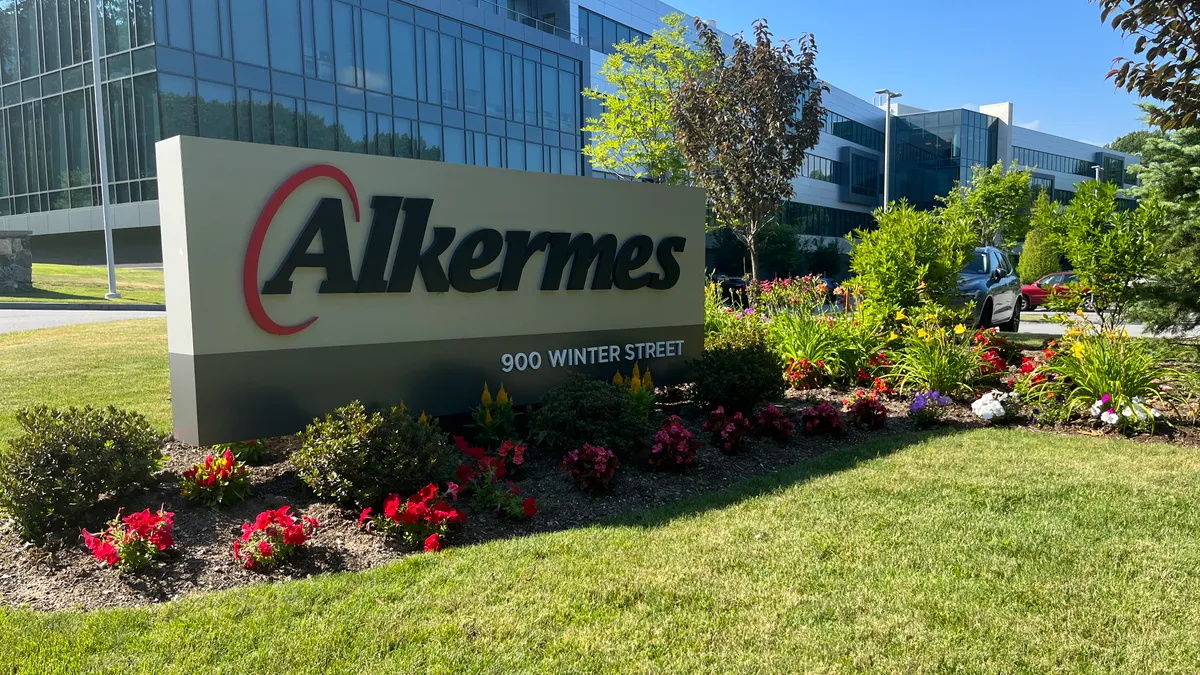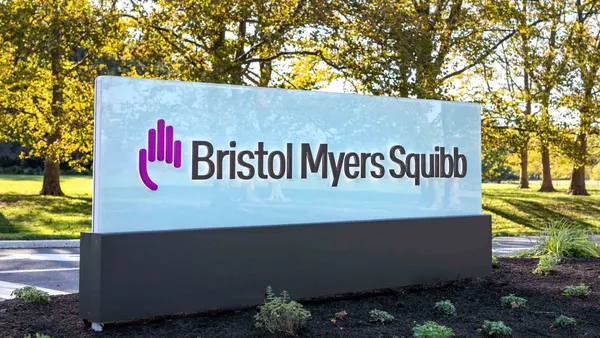Brain drug developer Alkermes could spend billions of dollars in a new deal that, if completed, would give the company a marketed medication to build out its burgeoning sleep business.
Alkermes on Wednesday said it has agreed to purchase Ireland-based Avadel Pharmaceuticals for $18.50 per share, reflecting a 3.5% premium to the latter company’s closing share price the day prior. Avadel’s main asset, Lumryz, is similar to the sleep drug Xyrem, which at its peak generated close to $2 billion in annual sales. Lumryz is already approved to treat excessive daytime sleepiness or cataplexy, a symptom of one form of narcolepsy that’s characterized by a sudden loss of muscle strength.
Avadel has also been testing its drug in patients who have a condition where, even after a full night’s sleep, they are excessively tired and fall into deep slumbers during the day. If the Food and Drug Administration approves Lumryz for that “idiopathic hypersomnia” condition by 2028, Alkermes has agreed to pay Avadel investors another $1.50 per share through a “contingent value right.”
Altogether, the all-cash acquisition could cost approximately $2.1 billion.
“This transaction represents a pivotal step in Alkermes' strategic evolution. With the acquisition of Avadel, we are able to accelerate our commercial entry into the sleep medicine market at a critical inflection point,” said Richard Pops, the CEO of Alkermes, in a statement.
Alkermes has been racing to get one of its own medicines, “alixorexton,” through human testing and onto the market. This medicine is part of an emerging class of drugs that regulate sleepiness by targeting a brain protein known as orexin-2. Over the past few years, orexin drugs have shown great promise in narcolepsy clinical trials, which has in turn drawn greater interest from biopharma investors. Estimates hold that between 100,000 and 200,000 people in the U.S. have narcolepsy.
Analysts at the investment firm Leerink Partners have described Alkermes as the “#2 player” in this race, trailing behind Takeda Pharmaceutical. Takeda recently scored positive data in a late-stage study of a drug called oveporexton, and plans to file for approval in the U.S. and elsewhere before the end of March. Jefferies analysts have predicted that yearly sales of oveporexton could reach $3 billion.
In announcing its deal, Alkermes highlighted how Avadel’s commercial infrastructure and experience selling a drug for uncommon conditions provides a “strong foundation for the potential launch of alixorexton.” Alkermes expects the acquisition to be immediately accretive and to drive “certain cost synergies and operational efficiencies” — deal terms that often, at least in part, hint at potential layoffs.
The companies plan to close their transaction sometime in the first three months of 2026.
According to Stifel analyst Paul Matteis, the deal has “clear” strategic rationale and would hand Alkermes a sleep product on track to generate around $272 million this year.
“To put it plainly, [Alkermes] is acquiring the salesforce required to be successful in the space along with an asset that has demonstrated some traction,” Matteis wrote in a Wednesday note to clients.
Leonid Timashev, of RBC Capital Markets, held similar views, writing that the deal gives his team more confidence in Alkermes moving forward.
Alkermes’ share price, though, was relatively flat in late morning trading Wednesday.
Umer Raffat, an analyst at Evercore ISI, noted how the acquisition price could be seen as “rich.”
By Raffat’s calculations, Avadel’s net present value is closer to $1.6 billion. To “make the math work” under the current deal terms, he suspects Alkermes must be betting on one of two things. Either peak Lumryz sales will be higher than what analysts forecast, or Avadel will offer considerable savings on the operational expenses associated with building a commercial sleep business.














